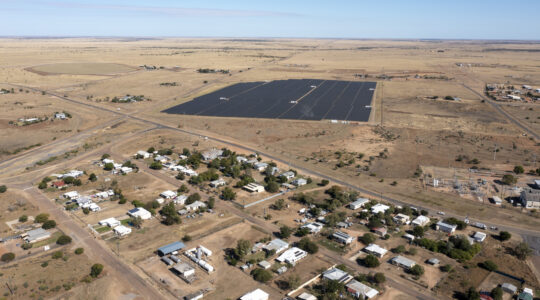Australian workers are increasingly financially better off working in regional areas, as opposed to chasing high-paying city jobs, according to a new report.
Economic research institute e61 found the financial incentive for many workers to work in the city was falling over time, once housing costs were factored in.
Research Director Gianni La Cava said there had been a dramatic turnaround over the past decade, with white-collar workers now generally no better off living in a capital city than a regional area, while blue-collar workers were around $8000 worse off if they live in a major capital.
Dr La Cava said knowledge economy workers, such as doctors, accountants, and graphic designers, had traditionally been significantly better off when living in major cities due to superior job opportunities.
However, she said in 2022 they were only $700 better off than their regional counterparts despite earning $13,730 more.
“A decade earlier, in 2012, knowledge workers were net $11,150 better off per year in the city.”
Dr La Cava said for care and service workers, such as paramedics, childcare workers and administrative assistants, living in a major city were even at more of a financial net disadvantage.
“They earn on average $2620 more in a city, but are overall $8250 worse off than regional counterparts who pay less for their housing.”
She said industrial workers, such as truck drivers and labourers, earned about $1000 less on average in the city and were closer to $10,000 worse off than their regional counterparts, after accounting for housing costs.
Dr La Cava said the dramatic decline in the past decade had corresponded with huge numbers of workers leaving Sydney and Melbourne.
“Between 2016 and 2021, a net of 130,000 people left Sydney and 25,000 left Melbourne each year for other parts of Australia.
“For Sydney, the population would have shrunk without overseas immigration.
“This research shows the equation facing Australian workers has changed significantly over the past decade when deciding to live in the city or the regions.”
Read the full report: The Lucky Country of the Lucky City? The location of economic opportunity in Australia.








